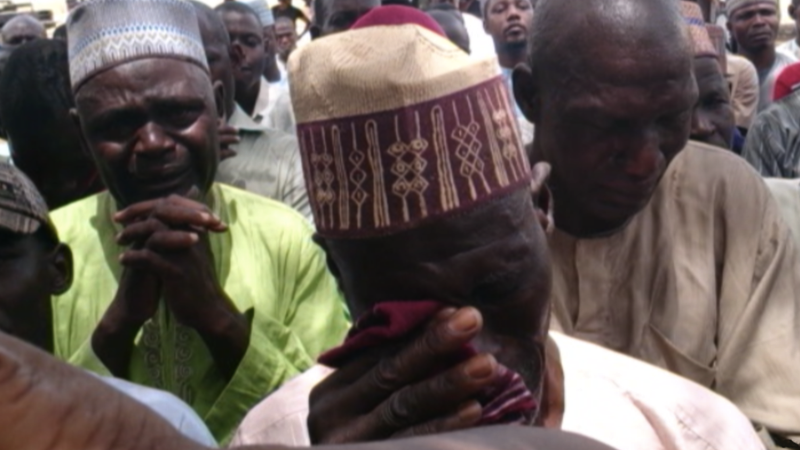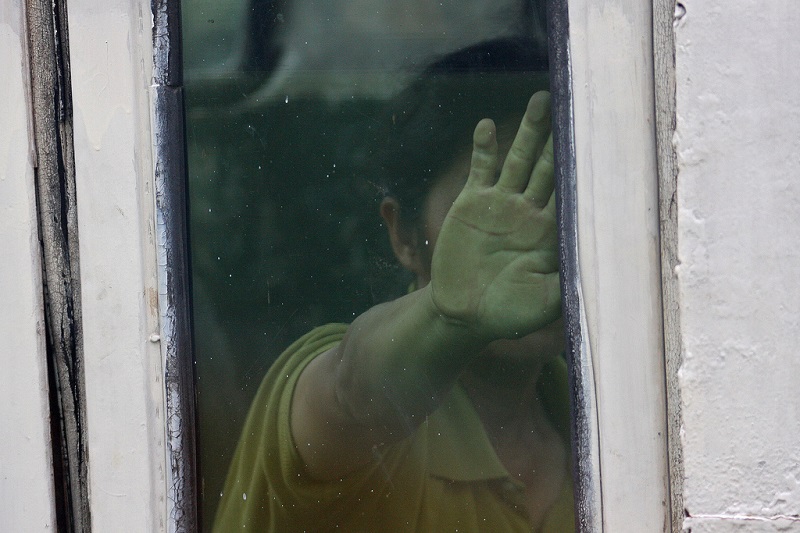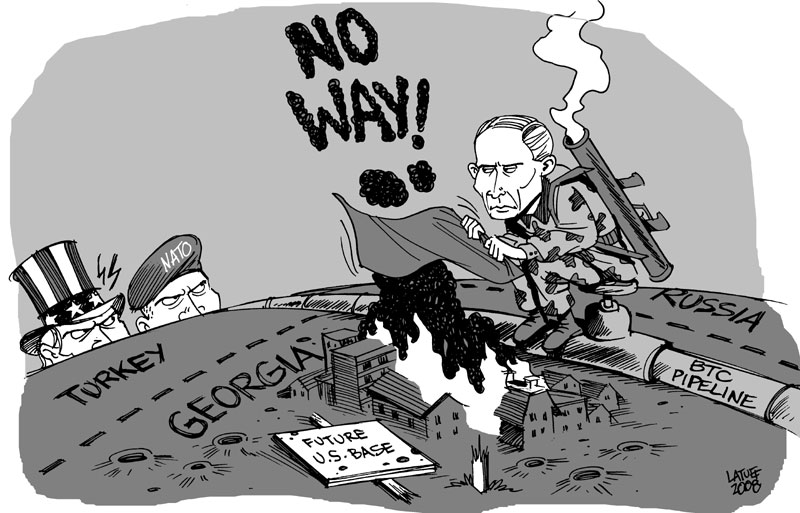Boko Haram is an extremist group located in West Africa: in Nigeria and pockets in Chad, Cameroon and Niger. The group swore allegiance to ISIS in 2015, veering away from original ally Al-Qaeda. They have committed atrocities such as kidnapping tourists, suicide bombings, and gunning down officials in West Africa.
The ultimate aim for Boko Haram is to overthrow the Nigerian government, as it believes democracy is un-Islamic. It argues that democratic institutions are a Western construct and should be eliminated, and Sharia law should take its place. Founded in 2002 in the Borno state, Boko Haram was initially a resistance movement against Western education, but bloomed into a fundamentalist movement with a main objective to destroy the Nigerian government and change Nigeria into an Islamic state. It began carrying out violent attacks in 2009 by shooting in government buildings and police stations in Maiduguri, the capital of Borno. In 2013, Boko Haram was named a ‘Foreign Terrorist Organization’ in the United States. The organization has captured cities and displaced over two million citizens. It has razed villages, burned down houses and killed civilians. However, its most egregious of crimes are against women: rape, forced sexual slavery, and abduction.
Bring Back Our Girls: No End in Sight
1000 days have passed since the mass kidnapping of the Chibok schoolgirls in 2014. 276 girls were taken from their school dormatories in Chibok, Nigeria, on April 14, 2014 and most are still kept in captivity by fighters. Girls who have been freed testify that they either had two choices: join the Boko Haram or become their slaves. Half of them became the wives of Boko Haram. Many are afraid to return to their families for fear of stigmatization, and are often ‘brainwashed’ into embracing their new identity as Boko Haram wives. There have been cases of girls being groomed as ‘martyrdom wives’: girls who become militants of Boko Haram after enduring psychological torture and sensory deprivation.
The authorities are negotiating with the Boko Haram to release more of the girls. 21 were freed in October 2016 and were returned to their families after a negotiation between Nigerian officials and Boko Haram, assisted by the Swiss government and the Red Cross. All of the freed girls are those who rejected the offer of becoming wives of Boko Haram. The Chibok schoolgirl case is unique in that the majority are still kept in captivity, while thousands of other Boko Haram victims have been released. This could indicate that the Boko Haram are keeping them as a bargaining tactic against the Nigerian government, because it was a widely publicized case that attracted worldwide attention. Nevertheless, the #BringBackOurGirls Campaign is still in full force as there are 219 girls that still remain in captivity and require rescue.
Boko Haram in Decline?
There has been a notable decline in attacks this year, as reported by the Johns Hopkins University Nigeria Social Violence Research Project. In the second quarter of 2016, there were only 244 killings that were attributed to Boko Haram, which is the lowest in almost five years. In 2015, The President of Nigeria,. Muhammad Buhari, claimed that they are ‘technically defeated’. However, there were several suicide bombings and major military offensive operations against the organization in 2016, contradicting that statement. Nigeria has also made lethal mistakes in the fight against Boko Haram. They have admitted to launching airstrikes that hit a refugee camp, killing more than one hundred refugees and aid workers. The government has been criticized in its efforts to recapture the Chibok schoolgirls as well, with many arguing that they are not doing enough to bring them home, including Human Rights Watch. Buhari has still been unable to locate them, despite his campaign vow of doing so.
In December 2016, Nigeria was able to capture Boko Haram’s last camp in the Sambisa forest located in the Borno state. This was the stronghold of the organization and was seen as a resounding defeat of the terrorist forces. However, the strength of Boko Haram should not be dismissed; it was able to recoup and gain forces after the death of their first leader, Mohammed Yusuf in 2009. It should not be considered a minor threat. The Chibok schoolgirls still need to be returned to their families and not given up as collateral damage in the fight against Islamic fundamentalism.
Photo:Parents of the victims of the 2014 Chibok kidnapping mourn their losses (2014), by Voice of America via Wikimedia Commons. Licensed under Public Domain.
Disclaimer: Any views or opinions expressed in articles are solely those of the authors and do not necessarily represent the views of the NATO Association of Canada.




